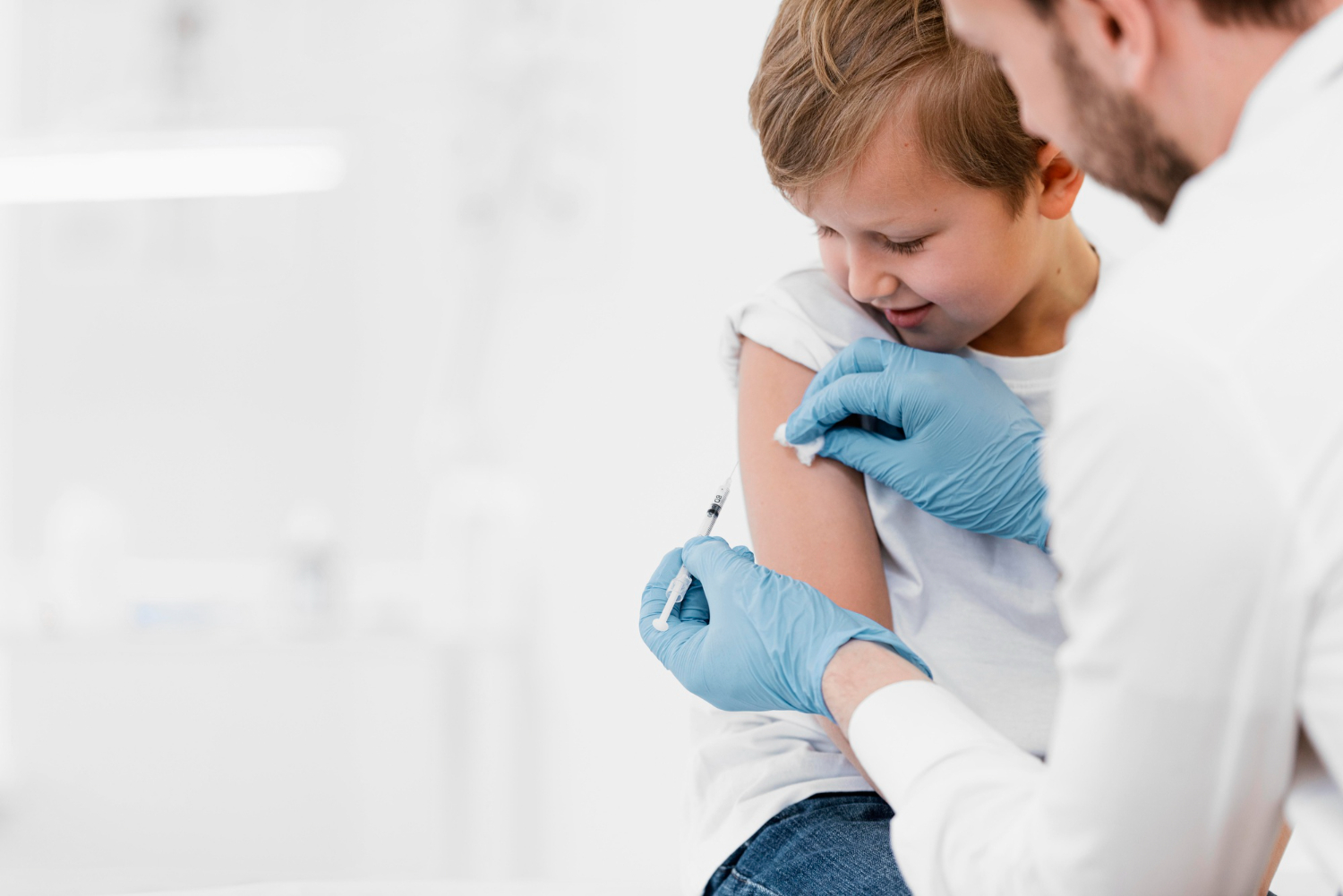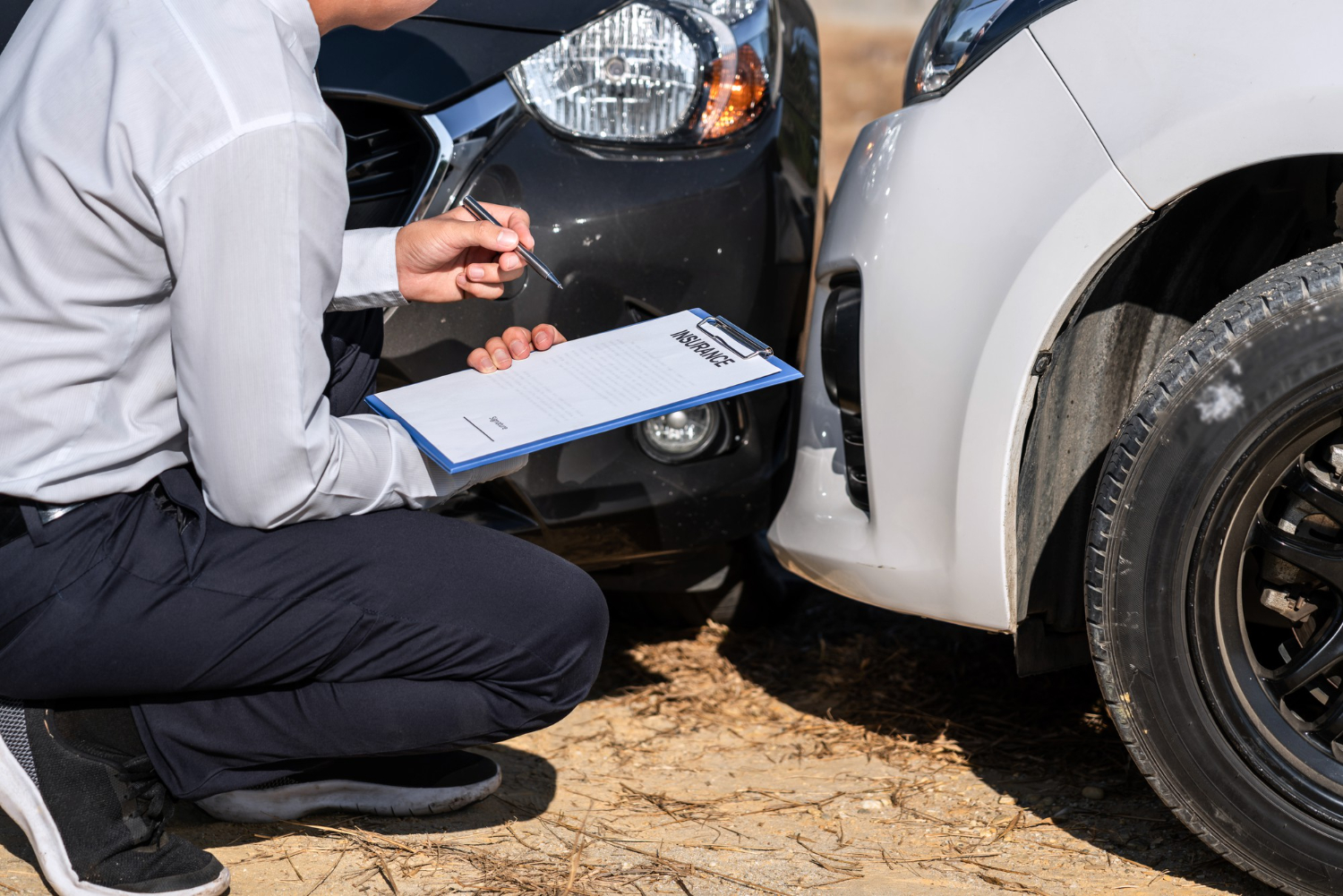Kesehatan adalah aset berharga bagi setiap anggota keluarga. Di tengah kesibukan dan ketidakpastian kehidupan, kita seringkali melupakan betapa rapuhnya kondisi ...
Asuransi Plan Tunjangan Anak: Eksplorasi Pilihan Asuransi yang Dirancang Khusus untuk Kebutuhan Kesehatan Anak, Termasuk Vaksinasi dan Pemeriksaan KesehatanAsuransi Plan Tunjangan Anak: Eksplorasi Pilihan Asuransi yang Dirancang Khusus untuk Kebutuhan Kesehatan Anak, Termasuk Vaksinasi dan Pemeriksaan Kesehatan
June 10, 2023June 10, 2023

Kesehatan anak adalah salah satu prioritas utama bagi orangtua yang peduli. Menciptakan fondasi yang kuat untuk kesehatan mereka sejak dini ...
Bonus Tanpa Klaim (No-Claim Bonus) dalam Asuransi Mobil Indonesia: Penjelasan tentang Cara NCB Berfungsi di Indonesia dan Bagaimana Ini Dapat Membantu Pemegang Polis Mengurangi PremiBonus Tanpa Klaim (No-Claim Bonus) dalam Asuransi Mobil Indonesia: Penjelasan tentang Cara NCB Berfungsi di Indonesia dan Bagaimana Ini Dapat Membantu Pemegang Polis Mengurangi Premi
May 11, 2023May 11, 2023

Asuransi mobil adalah bagian penting dalam menjaga kendaraan kita dan melindungi diri kita sendiri saat berkendara di jalan raya yang ...
Mobil Sport: Menjelajahi Dunia Mobil Berperforma TinggiMobil Sport: Menjelajahi Dunia Mobil Berperforma Tinggi
April 19, 2023April 19, 2023

Mobil sport adalah manifestasi murni dari kecintaan manusia terhadap kecepatan, presisi teknologi, dan desain yang estetis. Mereka mewakili pencapaian puncak ...

